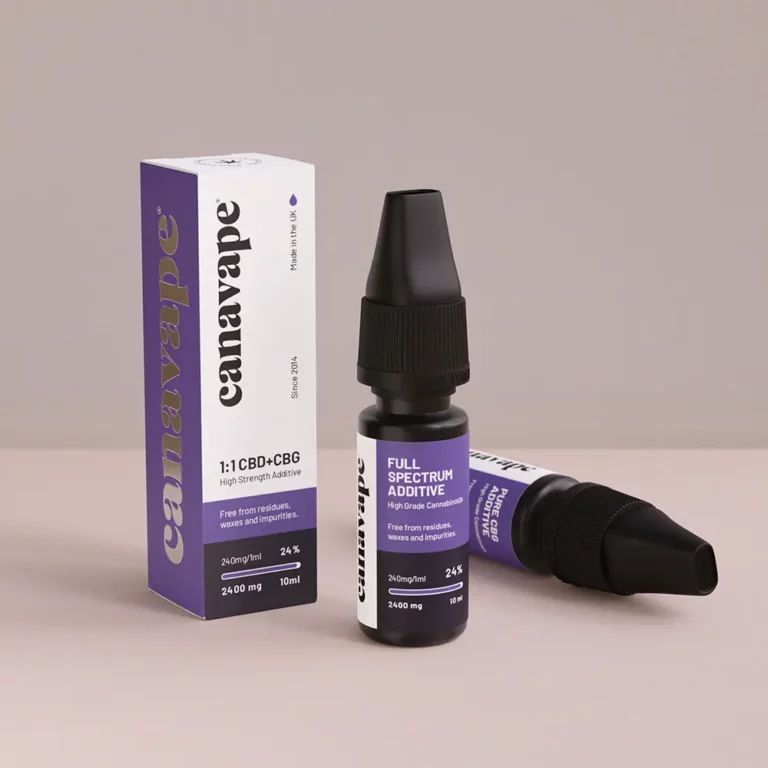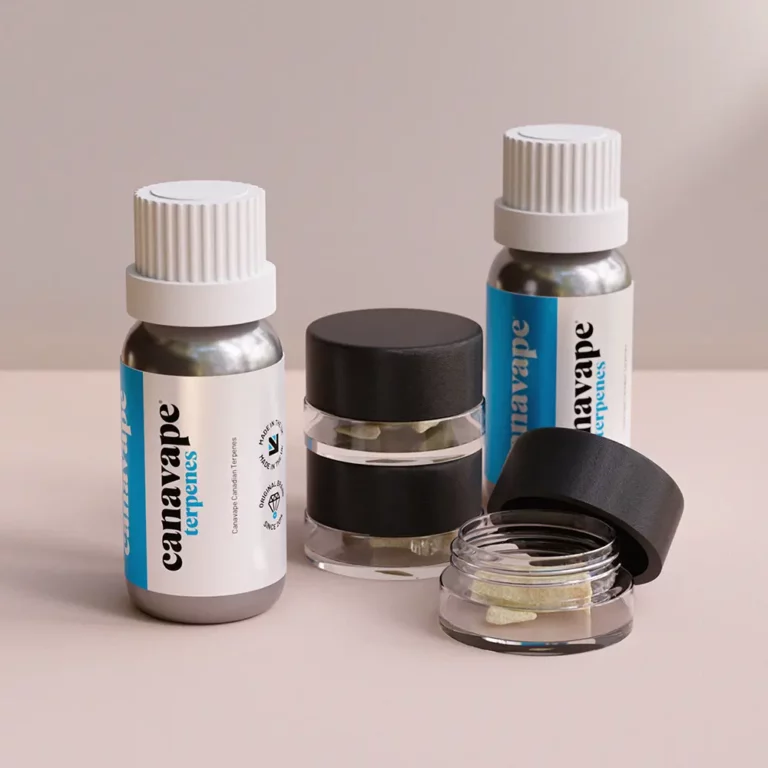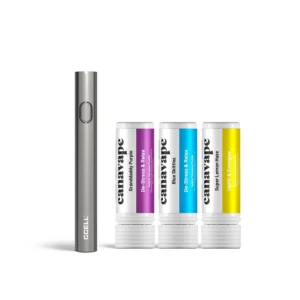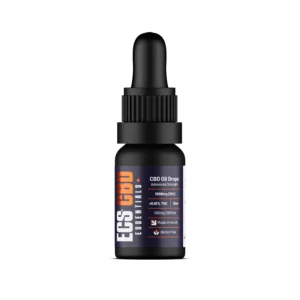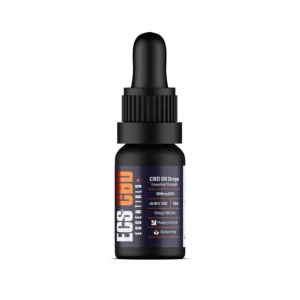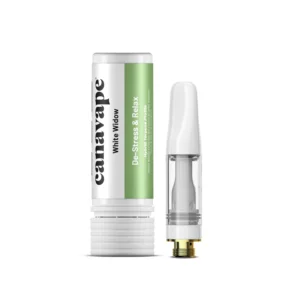Diabetes, a chronic condition affecting millions of people worldwide, requires careful management to maintain optimal health. As the popularity of CBD oil continues to grow, many individuals with diabetes are curious about its safety and potential benefits. In this section, we will delve into the topic and explore whether CBD oil is safe for diabetics.
Understanding Diabetes:
Diabetes is a metabolic disorder characterized by high blood sugar levels due to inadequate insulin production or ineffective insulin utilization by the body. Type 1 diabetes is an autoimmune disease where the immune system attacks the insulin-producing cells in the pancreas. On the other hand, type 2 diabetes occurs when the body becomes resistant to insulin or doesn’t produce enough of it.
The Role of CBD Oil:
CBD, short for cannabidiol, is a natural compound derived from the hemp plant. It is renowned for its potential therapeutic properties and is widely used to alleviate various health conditions. CBD interacts with the body’s endocannabinoid system, which plays a crucial role in regulating various physiological processes, including metabolism, inflammation, and immune response.
Research on CBD and Diabetes:
While research on CBD’s effects specifically on diabetes is still in its early stages, several studies have shown promising results. CBD has been found to have anti-inflammatory properties, which may be beneficial for individuals with diabetes as chronic inflammation is a common feature of the disease.
Furthermore, CBD has shown potential in improving insulin sensitivity and reducing insulin resistance in animal studies. These findings suggest that CBD may help regulate blood sugar levels and enhance overall glucose metabolism.
Considerations for Diabetic Individuals:
Before incorporating CBD oil into your diabetes management routine, it is essential to consult with your healthcare provider. They can provide personalized advice based on your specific medical history and current treatment plan. Additionally, it is crucial to choose a reputable CBD product from a trusted manufacturer to ensure quality and safety.
Potential Risks and Side Effects:
While CBD is generally well-tolerated, it can cause side effects in some individuals. These may include dry mouth, drowsiness, changes in appetite, and diarrhea. It is important to start with a low dosage and gradually increase it as needed while closely monitoring your body’s response.
Conclusion:
While CBD oil shows promise in potentially benefiting individuals with diabetes, more research is needed to fully understand its effects and safety profile. It is crucial for individuals with diabetes to work closely with their healthcare providers to determine if CBD oil is a suitable addition to their treatment plan. By doing so, they can make informed decisions about their health and well-being.



